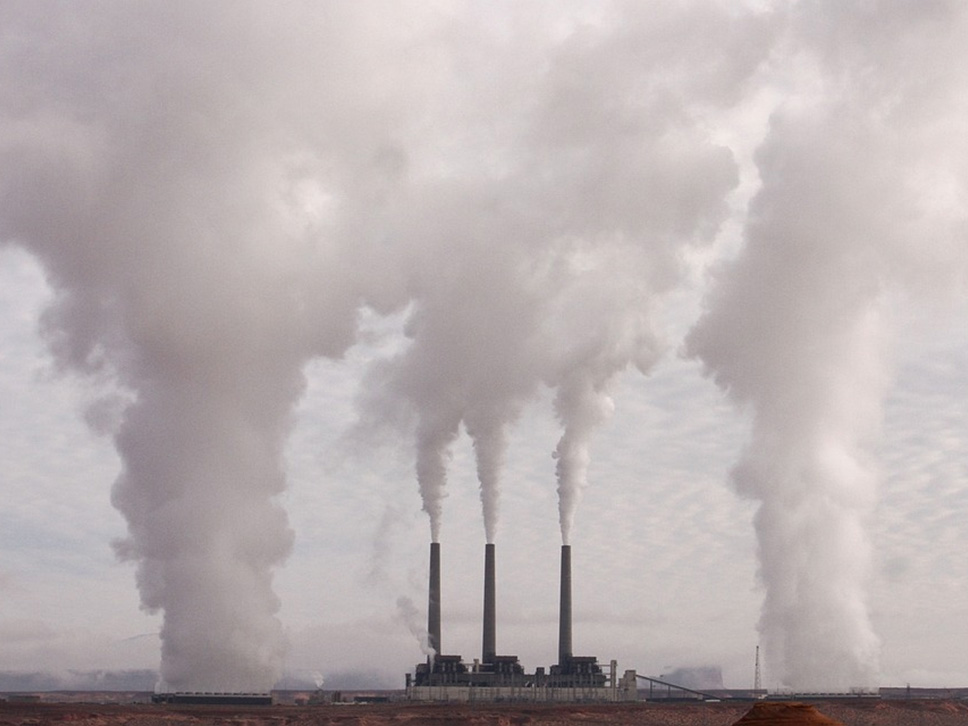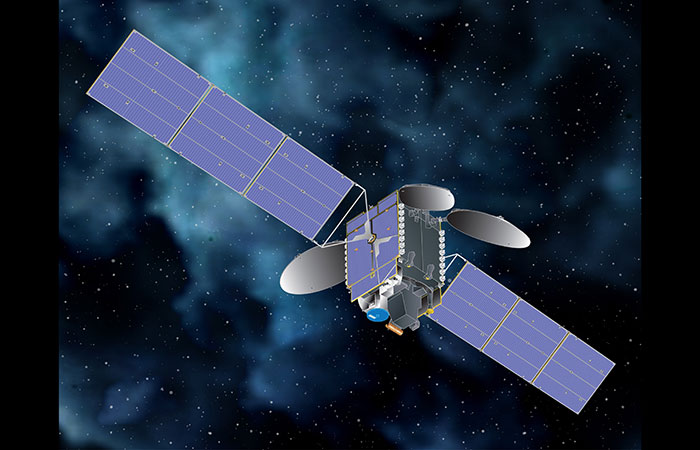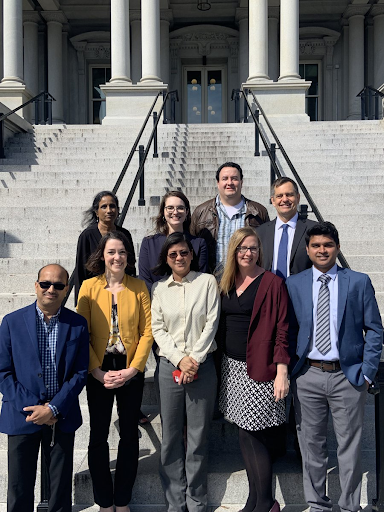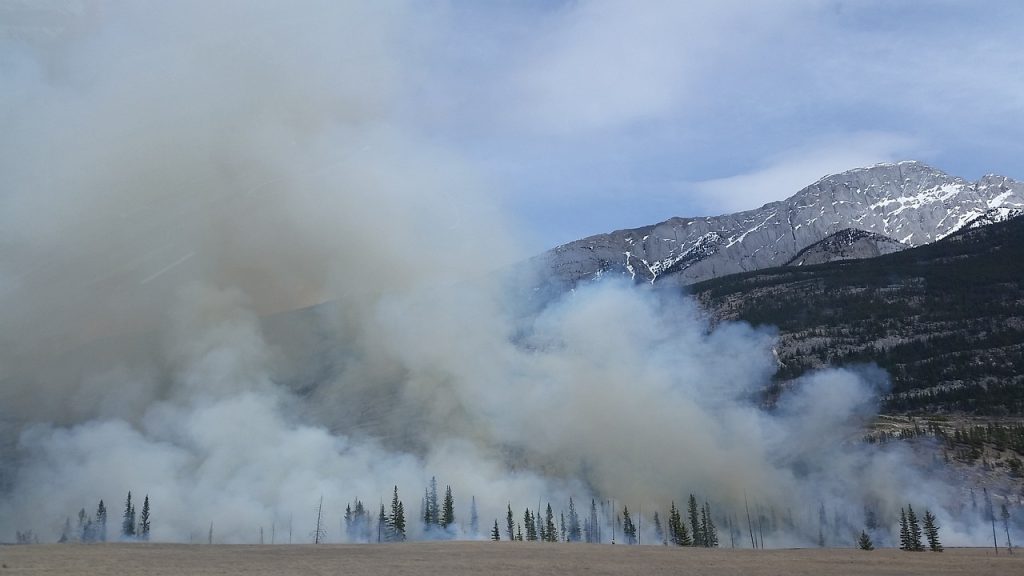NOAA Greenhouse Gas Workshop: Towards MMRV (measurements, monitoring, reporting, and verification)
The NOAA greenhouse gas community is organizing a workshop to solidify NOAA’s leadership role in the provision of greenhouse gas (GHG) measurements, models, and products through increased coordination of relevant activities and more streamlined product delivery. The workshop will be hosted by the Office of Atmospheric and Oceanic Research’s Climate Program Office (CPO). Location: Silver Spring, […]










